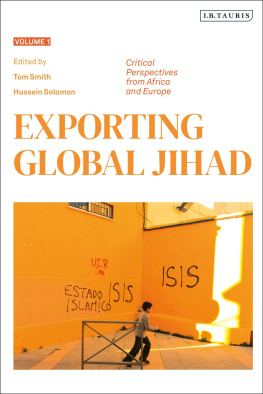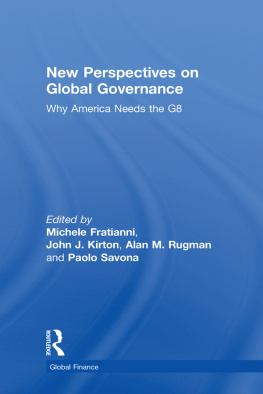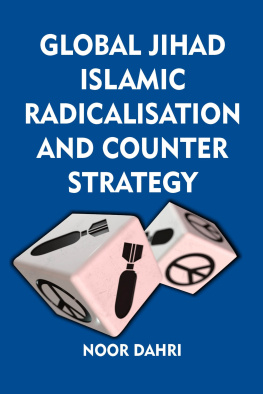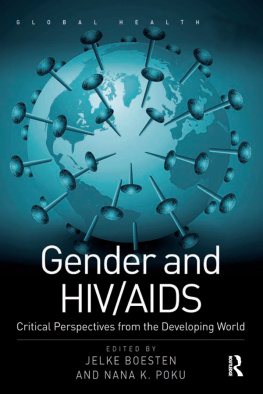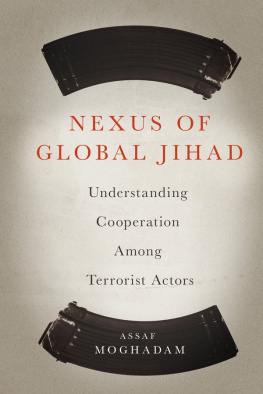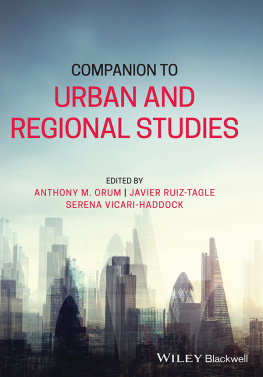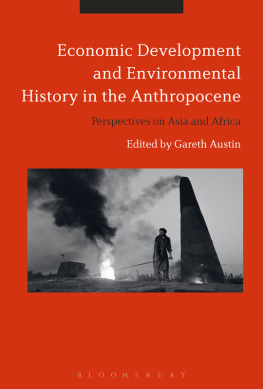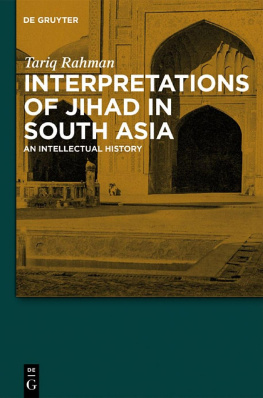Tom Smith is a Principal Lecturer in International Relations at the University of Portsmouth. He is based at the Royal Air Force College Cranwell where he works as the Assistant Academic Director for the University of Portsmouth team at RAF College Cranwell delivering professional military education to over 500 students a year on courses relating to international security. His research focuses on security in Southeast Asia with specific focus on terrorism and the conflict in the Philippines and Thailand. Tom has monitored the Abu Sayyaf Group for over a decade, which has involved periods of fieldwork and a position as Visiting Lecturer at De La Salle University in Manila. Tom has had his research published in both the major terrorism academic journals, Terrorism and Political Violence and Studies in Conflict and Terrorism . Tom is a regular media commentator on Asian security and Filipino political issues and a prominent critic of President Dutertes regime. He writes regularly for outlets such as the Guardian, the Independent, the Diplomat and the Conversation, and has given testimony on the human rights abuses of the Duterte regime to the UK Parliament.
Hussein Solomon is Senior Professor in the Department of Political Studies and Governance at the University of the Free State, Republic of South Africa. He is also a visiting professor at the Osaka School for International Public Policy and a Senior Research Associate for the Jerusalem-based think tank Research on Islam and Muslims in Africa (RIMA). His research interests straddle Political Islam, International Relations theory and security in Africa. His most recent books include Islamism, Crisis and Democratization: Implications of the World Values Survey for the Muslim World (with Arno Tausch, 2020), African Security in the Twenty-First Century: Challenges and Opportunities (with Stephen Emerson, 2018), Understanding Boko Haram and Insurgency in Africa (with Jim Hentz, 2017), Islamic State and the Coming Global Confrontation (2016), Terrorism and Counter-Terrorism in Africa: Fighting Insurgency from Al Shabaab, Ansar Dine and Boko Haram (2015) and Jihad: A South African Perspective (2013).
Anneli Botha is a senior lecturer at the Department Political Studies and Governance at the University of the Free State in Bloemfontein, South Africa. She also serves as an independent consultant on radicalization, deradicalization, reintegration and terrorism in Africa. During the period from 2003 to 2016 she worked as a senior researcher on terrorism at the Institute for Security Studies (ISS) in Pretoria, South Africa. Anneli has travelled extensively throughout Africa where she conducted research on terrorism and delivered specialized training on various aspects of the threat of terrorism, extremism, radicalization and counterterrorism to law enforcement and criminal justice officials on the continent. Prior to her position at the ISS, she served in the South African Police Service (SAPS) for 10 years. Anneli holds a Magister Artium degree from Rand Afrikaans University in Political Studies (1998) and Philosophiae Doctor from the Department of Political Studies and Governance at the University of the Free State (2014). Her PhD thesis was titled Radicalisation to Commit Terrorism from a Political Socialisation Perspective in Kenya and Uganda.
Maria do Cu Pinto Arena is Associate Professor with Agregao in the School of Economics and Management/EEG, University of Minho (Braga), Portugal. She has a PhD from the Centre of Middle Eastern and Islamic Studies, Faculty of Social Sciences, University of Durham, UK. Marias areas of expertise are Middle Eastern and Islamic Studies and International Organizations, with a focus on the United Nations and peacekeeping activities in general, including that of the UN and other regional organizations. Maria is the Portuguese expert within the international research group Providing for Peacekeeping Project, a project of the International Peace Institute (IPI) in collaboration with George Washington and Griffith universities. Her current research projects are centred on the new Portuguese jihadi phenomenon, the reinterpretation and hybridization of the contemporary jihadi ideological thinking, and small states and peace missions. Her work has been published in various academic journals including International Peacekeeping, The Journal of Policing, Intelligence and Counter Terrorism and Intelligence and Counter Terrorism .
Ngala Chome is a doctoral candidate in African History and Politics at Durham University. His research investigates militant jihad in East Africa, the Kenya Coast and contemporary politics in the Indian Ocean region, with a particular focus on the Swahili (East African) Coast. His work has been published in peer-reviewed journals, edited volumes, and policy reports, and his opinion and commentary pieces have appeared in a number of online and print-based magazines.
Peter Chonka is a Lecturer in Global Digital Cultures at Kings College Londons Department of Digital Humanities. His research looks at relationships between media technologies, conflict, political/cultural identity and state (re)construction, with a regional focus on the Horn of Africa. He holds a PhD in African Studies from the University of Edinburgh, and his research has been published in academic journals such as African Affairs, New Media & Society, Political Geography and the Journal of Eastern African Studies . He previously worked as an interpreter for the Somalia Delegation of the International Committee of the Red Cross, and for the University of Hargeisa in Somaliland.
Joseph Downing was a Marie-Curie Fellow at the CNRS Aix-Marseille Universit and the School of Oriental and African Studies, London and Guest Lecturer, European Institute, London School of Economics and Political Science. He has undertaken two major fully funded research projects that focus on the position of Muslims in French society. The first was a comparative analysis of urban policies in Paris, Lyon and Marseille to analyse the variance in their rioting behaviour in 2005. The second is ongoing and is an analysis of social media and how new forms of communication platforms could offer an avenue to desecuritize Muslims in both France and the UK. Joseph has taught widely on subjects relevant to this book, including Muslims in Europe, nationalism, international security, radicalization and Middle East politics.
Paul Gill is a professor of Security and Crime Science at University College London. He has over 70 publications on the topic of terrorist behaviour. He has conducted research funded by the Office for Naval Research, the Department of Homeland Security, DSTL, the European Union, the National Institute of Justice, CREST, Public Safety Canada and MINERVA. He currently manages the European Research Council Starter Grant project entitled GRIEVANCE. Collectively these grants have been worth over 9 million euro. These projects focused upon various aspects of terrorist behaviour including the IED development, creativity, terrorist network structures, risk assessment and management, and lone-actor terrorism. His doctoral research focused on the individual and organizational motivations underlying suicide bombing. This piece of research won the Jean Blondel Prize for the best PhD thesis in Political Science in Europe for 2010. He has published in leading psychology, criminology and political science journals.


